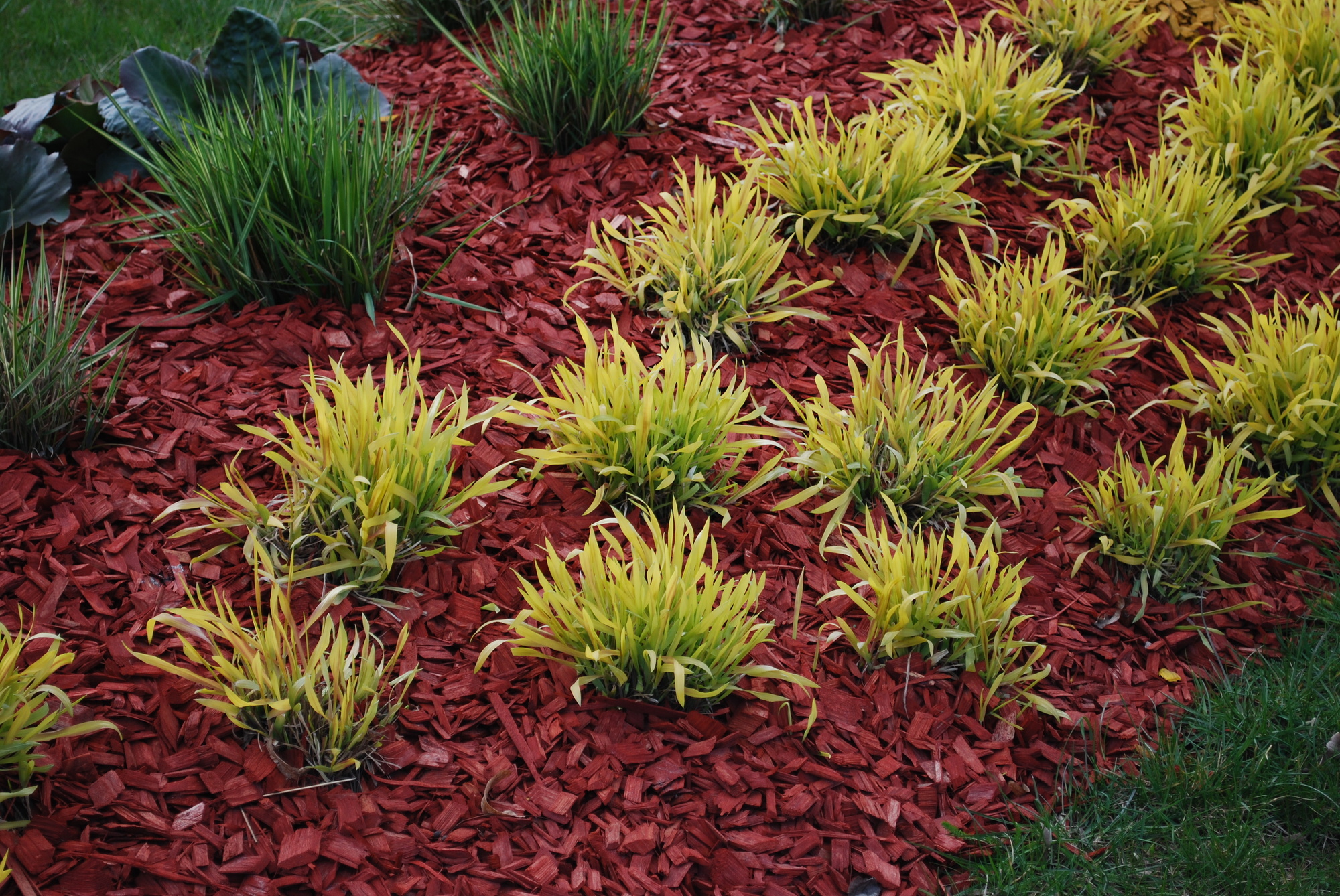Do you spend a considerable amount of money on yard cleanups and landscaping supplies? If you do, there’s a better option available to you: regular mulching.
Mulching for a consistent yard is a great alternative to taking care of the leaves, grass clippings, and other organic matter that tends to spread all over the place. That’s why you should consider mulching your yard.
If the idea has piqued your interest and you’re looking to elevate the grounds around your home, then we’ve got everything you need to know. Skip down below for the top five benefits of mulching.
The Top 5 Benefits of Mulching
When it comes to your garden and garden soil, there are a lot of things you can do to keep it healthy and looking its best. One of the best things you can do is mulch. Mulching has many benefits, including discouraging weed growth, retaining moisture, and adding nutrients to the soil. Here are the top five benefits of mulching:
1. Discourages Weed Growth
Weeds can steal nutrients and water from your plants, leading to unhealthy growth. By applying a layer of mulch, you can prevent weeds from getting the sunlight they need to grow.
2. Retains Moisture
Applied correctly, a layer of mulch can help prevent evaporation, keeping your plants’ roots moist. This is especially beneficial in hot, dry climates.
3. Adds Nutrients to the Soil
As the mulch decomposes, it adds organic matter to the soil. This can improve the soil’s structure and drainage, as well as provide nutrients for your plants.
4. Moderates Soil Temperature
In hot weather, mulch can help protect plants’ roots from the heat. In cold weather, it can keep the roots warm to protect them from the cold.
5. Boosts Curb Appeal
Mulch can help to improve the overall appearance of your landscape by giving it a tidy, finished look. You can visit Tuxedo Yard Care for even more information on how mulching can benefit you.
Types of Mulching
Mulch materials can be classed into two types: organic or inorganic mulching material. Any mulches that are derived from plants such as grass clippings or compost would be considered organic, and any mulch that comes about from plastic or other sources would be inorganic.
Using organic mulches such as bark, leaves, and compost is best, as they will improve the soil as they break down. Inorganic mulches such as pebbles and landscape fabric can also be used and do not need to be replaced as often.
When choosing a mulching material, it is important to consider what type of plants you are growing and the conditions of your garden. Some materials, such as straw, can be difficult to remove and may not be suitable for all plants. Others, like bark chips, can be more expensive but last longer and provide more nutrient benefits.
Overall, mulching is a cheap and easy way to improve the health and appearance of your garden.
Mulching Can Benefit Your Garden
As you can see, there are many benefits of mulching! It helps to suppress weeds, conserve moisture, moderate soil temperature, prevent soil erosion, and add organic matter to the soil. All of these benefits lead to a healthier garden.
So, what are you waiting for? Get out there and start mulching!
Are you in need of some more quality garden care tips? Visit our blog for more information on getting your outdoor space to be the envy of your neighbors.





Leave a Reply
You must be logged in to post a comment.